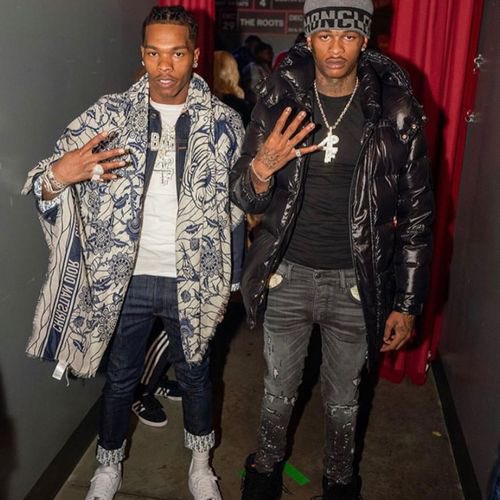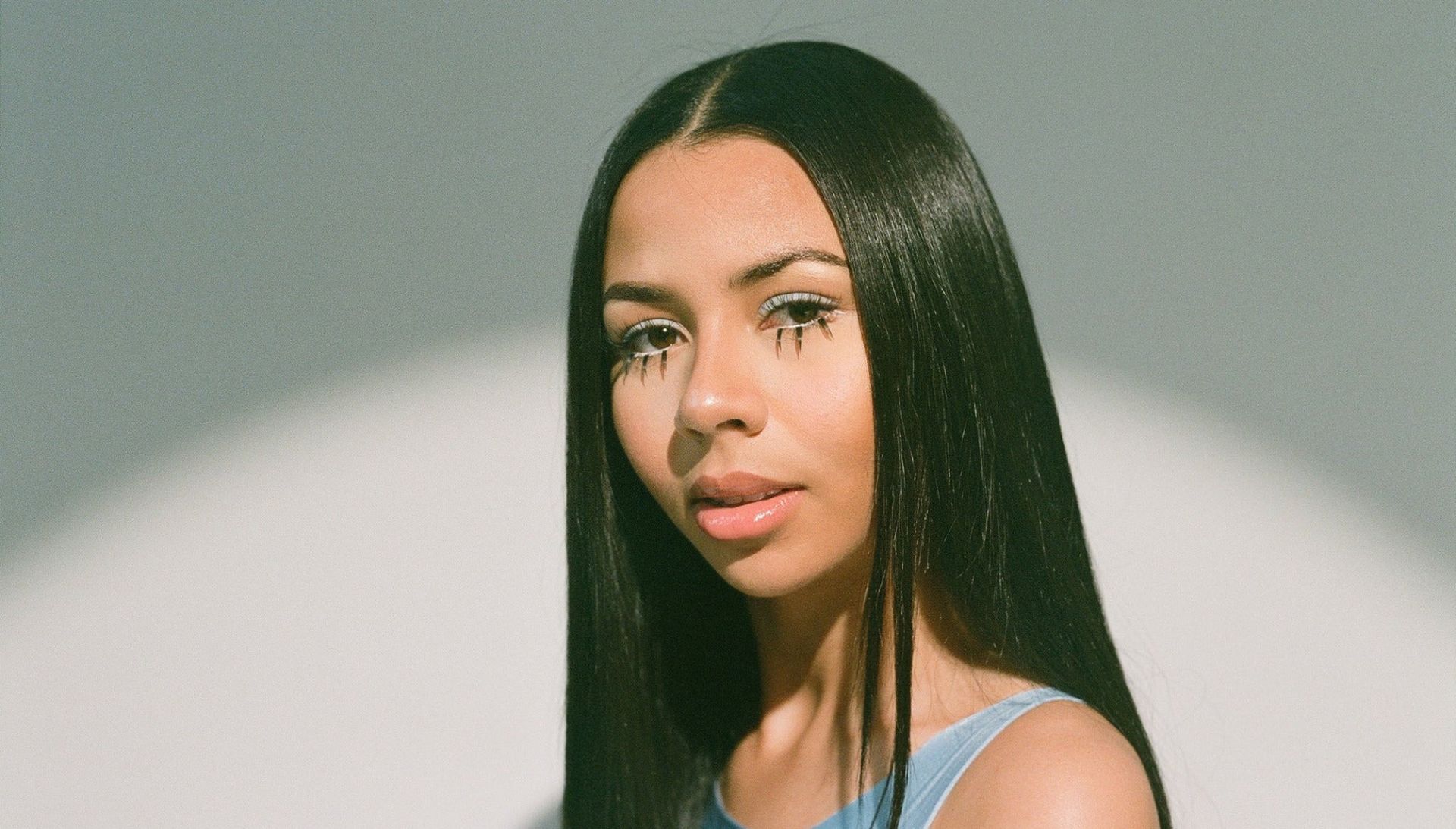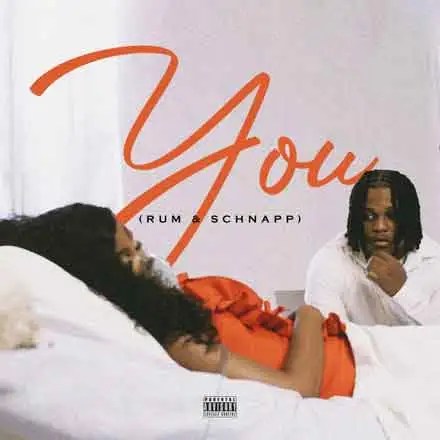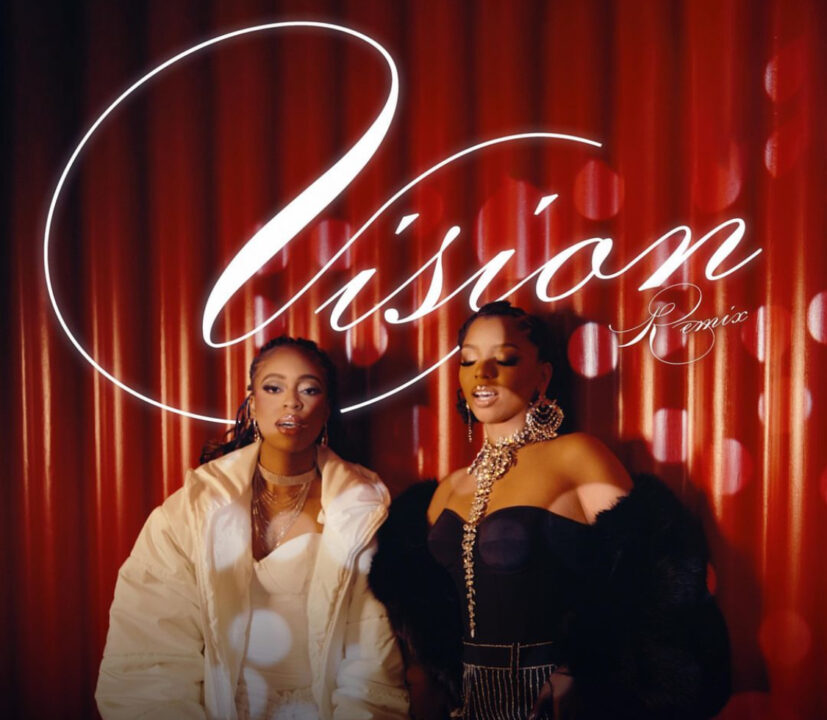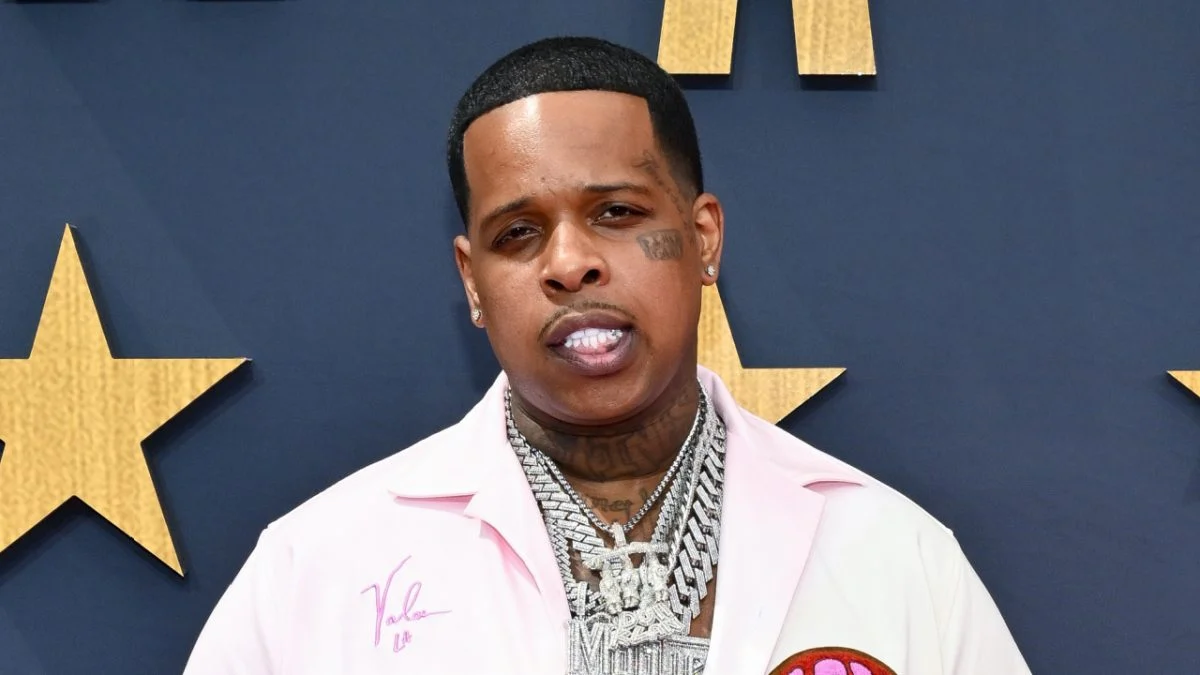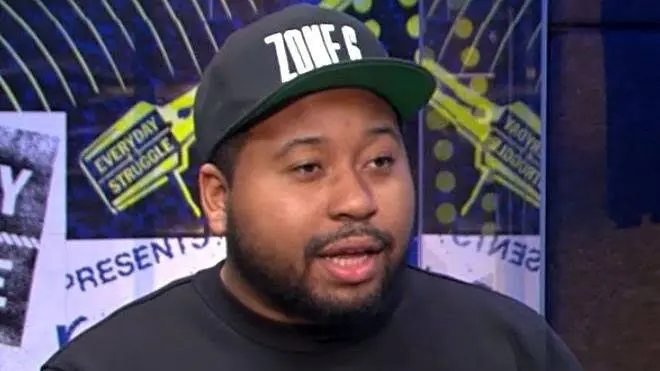ROSALÍA “MOTOMAMI” Album Review

MOTOMAMI
ROSALÍA
- Genre: Pop in Spanish
- Release Date: 2022-03-18
- Explicitness: explicit
- Country: U.S.A.
- Track Count: 16
- ℗ 2022 Columbia Records, a Division of Sony Music Entertainment
Motomami is a distinctly Hispanic record, coloured with the dembow bounce of reggaeton and lashings of flamenco guitar. It’s also distinctly accessible, with glistening production aided by Pharrell and choruses, which stick like honey.
This project is all about rethinking established cultural boundaries. The LP, Rosalía’s third studio album, brandishes moments of rupture, discord and collision to evoke a modern world that questions — yet still seeks comfort in — old folkways.
Motomami practically throbs with the freedom of someone flush with creative capital; its stylistic sprawl shares similarities with Beyoncé’s “Lemonade,” while the album’s mix of harsh noise and sculpted pop melody can recall the music M.I.A. made after “Paper Planes” became a left-field hit in the late 2000s.
This body of work is the sound of an incredible voice indulging in her pop fantasy and excelling at it, but she reminds us as often as she can that really, she can do it all. Motomami charts that speedy ascent to pop stardom, and not always with the giggling enthusiasm Rosalía displays in her frequent TikTok videos.
Album Cover Artwork

Rosalía stands, striking a pose for the camera in her bodysuit behind the album title written stylishly like something done by a spray-painting graffiti artist. It’s beautiful to note how all the Ms were drawn in the shape of butterflies in motion. In addition, she has her name scribbled on her chest right underneath her knockers. The same scribbling is done again down at her crotch area, this time in a zigzag manner, protecting her privates from visibility.
Though the singer is nude, she chooses not to be completely vulnerable, as she has both hands shielding her sensitive parts. This could also be the same theme behind the concept of the helmet over the singer’s head. It helps paint the picture of cautious vulnerability. The singer wants to bare it all, not literally this time, but through her music, while still minding the content she puts out—an intentional, careful break from the norm.
Since, on the album, she’s heard talking a lot about how much of monster fame can be to one’s soul, could she indirectly tell us with the helmet that the celebrity hasn’t gotten or didn’t get to her head?
Tracks & Features
Motomami comes bearing sixteen songs with two guest artist features on tracks 3 and 15 in the persons of The Weeknd and Tokischa, respectively.
The album opens with “Saoko,” a smattering of free-jazz drums and a nasty synth bassline that serves as a “tribute” to Wisin y Daddy Yankee’s 2004 single “Saoco.” It’s a disclaimer that she’s swerving freely between lanes, bearing down on the refrains “Yo me transformo” and “Fuck el estilo,” and honestly eats up the beat, doing her best reggaeton era with a butterfly-grilled sneer.
Tracks
| NO | Title | Time |
| 1 | SAOKO | 2:17 |
| 2 | CANDY | 3:13 |
| 3 | LA FAMA (feat. The Weeknd) | 3:08 |
| 4 | BULERÍAS | 2:35 |
| 5 | CHICKEN TERIYAKI | 2:02 |
| 6 | HENTAI | 2:42 |
| 7 | BIZCOCHITO | 1:49 |
| 8 | G3 N15 | 4:12 |
| 9 | MOTOMAMI | 1:01 |
| 10 | DIABLO | 2:45 |
| 11 | DELIRIO DE GRANDEZA | 2:35 |
| 12 | CUUUUuuuuuute | 2:30 |
| 13 | COMO UN G | 4:22 |
| 14 | Abcdefg | 1:05 |
| 15 | LA COMBI VERSACE (feat. Tokischa) | 2:40 |
| 16 | SAKURA | 3:21 |
In the hypnotic “Candy,” about a breakup with a guy who “broke me but just a little bit,” she threads a sample from a Burial song, which itself samples a track by Ray J, through a clattering reggaeton beat. “Chicken Teriyaki” deploys a playground-style chant as she brags about shopping for “a chain that’ll break the bank like Naomi in the ’90s.”
The title cut, with a springy beat shaped in part by Pharrell, is 61 seconds of pure cool-kid swagger; “Cuuuuuuuuuute” reaches toward hyper-pop with a wild spray of machine-gun percussion.
“Hentai” isn’t the album’s only vocal showcase. Rosalía also sings the stuffing out of “Delirio de Grandeza,” a cover of a vintage Cuban bolero that she tricks out — hey, why not? — with a scratchy Soulja Boy sample.
And then there’s the stripped-down closer, “Sakura,” in which she imagines herself at 80, looking back with a laugh at her days as a pop idol. To do her version of bachata, the beloved Dominican style, in “La Fama,” she didn’t recruit a proven bachata singer but rather the Weeknd, whose light, imploring voice turns out to be perfect for the song — and whose megastardom helped guarantee a massive audience for her latest cultural mash-up.
She toys with minimalist dembows on “La Combi Versace,” with Dominican star Tokischa, Auto-Tuned dirges, spirited champeta, juiced-up electro, bachata, and glitchy Björkian ballads, with help from an eclectic range of co-producers like Tainy, El Guincho, Michael Uzowuru, Sky Rompiendo, and Pharrell.
Stream
-
ROSALÍA - SAOKO (Official Audio)
-
ROSALÍA - CANDY (Official Audio)
-
ROSALÍA - LA FAMA (Official Audio) ft. The Weeknd
-
ROSALÍA - BULERÍAS (Official Audio)
-
ROSALÍA - CHICKEN TERIYAKI (Official Audio)
-
ROSALÍA - HENTAI (Official Audio)
-
ROSALÍA - BIZCOCHITO (Official Audio)
-
ROSALÍA - G3 N15 (Official Audio)
-
ROSALÍA - MOTOMAMI (Official Audio)
-
ROSALÍA - DIABLO (Official Audio)
-
ROSALÍA - DELIRIO DE GRANDEZA (Official Audio)
-
ROSALÍA - CUUUUuuuuuute (Official Audio)
-
ROSALÍA - COMO UN G (Official Audio)
-
ROSALÍA - Abcdefg (Official Audio)
-
ROSALÍA - LA COMBI VERSACE (Official Audio) ft. Tokischa
-
ROSALÍA - SAKURA (Official Audio)
-
ROSALÍA - HENTAI (Official Video)
-
ROSALÍA - CHICKEN TERIYAKI (Official Video)
-
ROSALÍA - SAOKO (Official Video)
-
ROSALÍA - LA FAMA (Official Video) ft. The Weeknd
